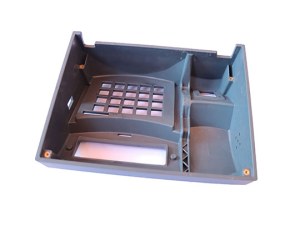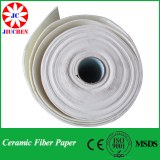 |
|
|
Shoes and leather
Processing Performance and Conditions of ABS Injection Molding
|
|
This page is about importers and exporters of Processing Performance and Conditions of ABS Injection Molding Search in a category : Shoes and leather Search in a category : processing, molding, conditions, performance, injection |
Friday, February 27, 2026
Action return pallets for wholesalers, professional clearance and European expor
Quantity : 30000 - Price : 0,50 €
We offer return pallets exclusively composed of products sourced from the Action retail chain, intended for wholesalers, clearance professionals, resellers, and exporters. These liquidation pallets contain non-food fast-moving consumer goods, carefully selected for their high resale potential and quick turnover. Offer details: - Return pallets from large retail distribution – Action brand - Approx. 1,000 items per pallet (80% of pallets) - Average price: around €0.50 per item...
TRANSIDI
- 22440 - PLOUFRAGAN
- 09 72 63 03 26
- 33(0)603670505
Wednesday, September 14, 2016
Quantity : 5000 - Price : 50,00 €
Bellows Seal Stop Valves(Straight-Through Type) DIN Bellows Seal Stop Valve DIN Bellows Globe Valve DIN Faltenbalgventil Durchgangsform DIN Válvulas de fuelle DIN ventil uzavírací s vlnovcem přímý DIN Standard seteventil med belg (Rett løp modell) DIN Standardında Metal Körüklü...
ETM Armaturen
- 59590 - Henri Durre
- 86 577 67953935
Tuesday, June 16, 2015
Quantity : 100 roll
JC-Paper Series Refractory ceramic fiber paper sealing gasket Product Features Easy to cut,wrap or form Low thermal conductivity and heat storage Excellent thermal shock and flame resistance Light weight Resilient Excellent hydrophobic property Good dielectric strength Free...
Zibo JC Eco-Tech Co., Ltd
- 255086 - China
- +86 15505335058
- +86 533 3593322









